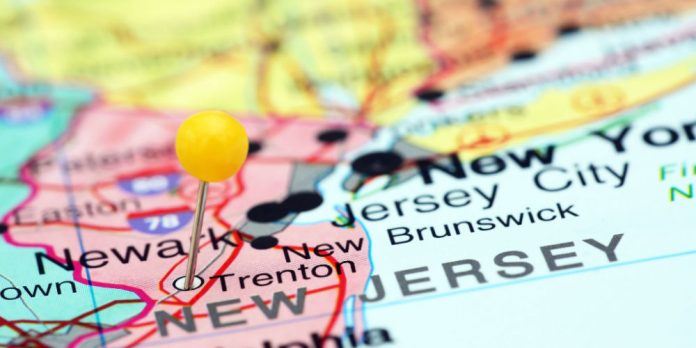The rate of high-risk problem gambling activity in New Jersey is around three times higher than the national average, according to new research.
Research funded by the New Jersey Division of Gaming Enforcement has shown that high-risk problem gambling rates have fallen from 6.3% in 2017 to 5.6% in 2021.
However, this means that New Jersey’s problem gambling rate is around three times larger than the national average in the US. New Jersey is one of the more mature gambling markets in the US with its online casino sector opening in 2013 and sports betting going live in 2018.
The research, titled “The Prevalence of Online and Land-Based Gambling in New Jersey”, was led by Dr. Lia Nower, J.D., Ph.D. from the Rutgers University School of Social Work, Center for Gambling Studies and found that low/mid-risk gambling rates decreased from around 15% in 2017 to 13% in 2021.
“New Jersey has led the nation in evaluating every bet placed online and addressing the impact of wagering on its residents,” said Dr. Nower. “This report provides evidence to guide prevention and education efforts for those at highest risk for gambling problems: Younger adults, members of ethnic and racial minority groups, and those who gamble on multiple activities and bet both online and in land-based venues.”
Further findings from the research include that participation in sports betting across the Garden State is up to 19% of the population from 15% in 2017, while around 61% of the eligible population participated in at least one form of gambling in the last 12 months.
The shift to online gaming in the last six years, potentially brought on by the impact of COVID-19, was stark in the report’s findings. The prop gamblers who only do so online increased from 5% in 2017 to around 15% now, while those who gamble online and in land-based venues almost doubled from 19% to 36%.
Meanwhile, the proportion of people gambling at land-based casinos has dropped starkly, from around 76% to just 49%.
“As New Jersey’s gaming industry continues to grow, we have an obligation to help those suffering from problem gaming and gambling addiction issues,” said Attorney General Platkin.
“Through the release of this report, we are taking a comprehensive look at the pervasiveness of gambling across the state, and with it, able to better identify challenges for our most vulnerable populations and design programs and initiatives to assist them.”
The research comprised a survey of 3,500 New Jersey residents over the age of 18 which analyzed their gambling habits. Residents were asked about their activity on 15 forms of gambling.
Following the publication of the report, the DGE has stated it will work alongside partner agencies and regulators to consider policy changes with regard to player protection and responsible gaming.
“We are dedicated to helping players play responsibly,” said David Rebuck, Director of the New Jersey Division of Gaming Enforcement (DGE). “For some people, this means setting limits to keep the experience enjoyable and social.
“For others who are struggling with problem gambling, it may mean signing up for self-exclusion or seeking out additional resources. We encourage both players and operators to maintain a balanced perspective on gambling.”














